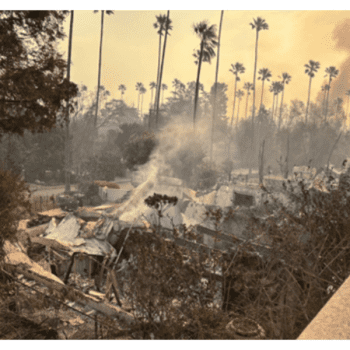C h a p t e r 1
THE CONTEXT OF WHITE WORKING-CLASS RAGE
When I saw the ad for J. D. Vance’s Hillbilly Elegy, I ordered it immediately, anticipating that I would “be acquainted” with its people. Indeed I was. While my hometown was not Appalachia, I knew many poor people and dealt with a wide variety of people growing up. My father was the owner and operator of the 13 Taxi Company in Brookhaven, Mississippi, and at twelve years of age I started answering the phone there. At sixteen I got a commercial license so I could drive one of the four cabs. Added to my upbringing were two of my uncles and one aunt who were actively engaged in the bootleg business. So I was acquainted with the poor, with working people, and the underbelly of our community.
Vance’s poignant story is a riveting one of his growing up initially in Appalachian Kentucky but mostly in the Rust Belt town of Middletown in southwest Ohio. With a drug dependent mother, he is “saved” from that situation by a grandfather, and especially a grandmother, who were central to his making it eventually to the Marines, Ohio State University, and Yale Law School. The book, a gripping page turner, nevertheless, I grew restive as I read along. His mother’s tragic drug dependency was a story I had known many times. But the more I read Hillbilly Elegy the more convinced I was that Vance did not know the difference between his mother’s addictive pathology and the larger culture of Appalachian life. His comments about people gaming the welfare system, for example, gave anecdotal “evidence” of a problem that is not nearly so much related to the culture as to the economic devastation of the hillbilly lives he claims to represent.
Toward the end of the book I realized what was going on. Acknowledging his conservative position Vance does what conservatives tend to do. According to him, the basic problems of his hillbillies are those of culture, not class. It is the old right-wing ploy of reducing the ravages of economics and class—and, in other discussions, race—to the inadequacies of culture. At one point Vance says that “public policy can help, but there is no government that can fix these problems for us.” On the following page he says, “These problems were not created by government or corporations or anyone else. We created them, and only we [his people] can fix them.” He insists that we “stop blaming Obama or Bush or faceless companies and ask ourselves what we can do to make things better.”
6/14/2018 7:06:10 PM




